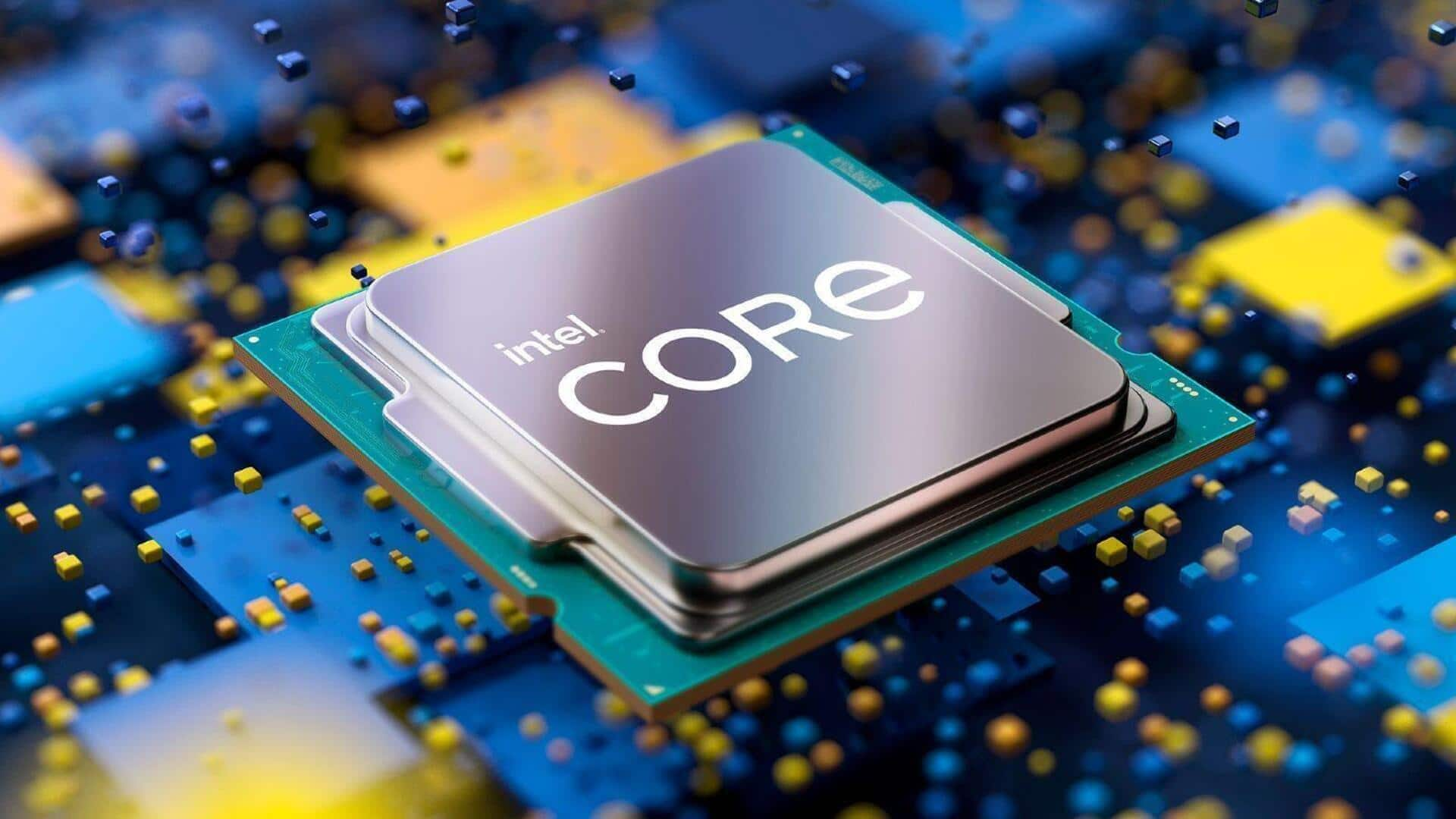
Intel faces lawsuit over alleged defects in Raptor Lake CPUs
What's the story
Intel, one of the world's leading PC chipmakers, is being sued in a federal court in San Jose, California.
The complainant, Mark Vanvalkenburgh of New York, claims that the company's 13th and 14th generation desktop processors are faulty.
He alleges that his Intel Core i7-13700K processor was "defective, unstable and crashing at high rates."
Technical glitches
Processor issues led to system instability
Vanvalkenburgh's complaint outlines the technical problems he faced after buying his processor from Best Buy in January 2023.
He experienced random screen blackouts and unexpected computer restarts, which continued even after trying to install a patch issued by Intel for its 13th Generation processors.
The lawsuit also cites media reports and social media posts from December 2022 onwards, detailing similar issues with Intel's Raptor Lake processors.
Legal allegations
Intel accused of fraud by omission
The lawsuit claims that Intel knew about the defect in its processors by late 2022 or early 2023, but continued to market the speed and performance of its products without disclosing any defects.
This has resulted in accusations of fraud by omission, breach of implied warranty, and violation of New York General Business Law against the chipmaker.
Company response
Intel acknowledged processor instability issues
In a July 2024 forum post, Intel acknowledged the instability issues with its processors.
Thomas Hannaford, Intel's communications manager, stated that "elevated operating voltage is causing instability issues in some 13th/14th Gen desktop processors."
He further explained that this was due to a microcode algorithm resulting in incorrect voltage requests to the processor.
Issue resolution
Intel identified and addressed 'Vmin shift instability'
In September 2024, Intel released a root cause analysis, flagging the issue as "Vmin Shift Instability."
The company linked the problem to a clock tree circuit in the IA core, which is prone to reliability aging at higher voltage and temperature.
To mitigate this, Intel issued three microcode patches and offered a two-year warranty on select affected chips.